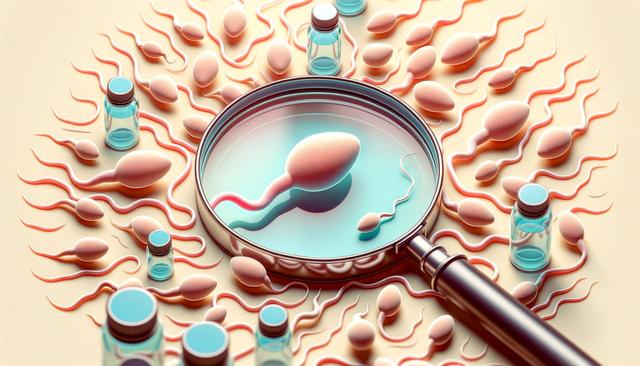
Unlocking Additional Income: A Guide to the Benefits of Sperm Donation
Understanding the Purpose and Process of Sperm Donation
Sperm donation serves a vital role in reproductive health and family planning. It enables individuals and couples who are unable to conceive naturally to pursue parenthood through assisted reproductive technologies. The process begins with an initial screening, where potential donors undergo medical and genetic testing to ensure they meet health and safety standards. Psychological evaluations may also be part of the screening to confirm the donor’s readiness and understanding of the implications involved.
Once accepted, donors typically visit a clinic on a regular schedule to provide samples. These samples are then frozen and stored for future use. Clinics often follow strict confidentiality protocols, and donors remain anonymous unless an agreement states otherwise. The entire process is conducted with medical oversight to ensure both donor and recipient safety.
Unlocking Additional Income Through Sperm Donation
One of the practical benefits of sperm donation is the potential to earn supplemental income. While the primary motivation for many is altruism, compensation can be a meaningful incentive. Clinics usually provide financial reimbursement for each donation, reflecting the time and commitment involved.
For those looking to supplement their earnings, sperm donation offers a flexible and manageable way to do so without disrupting daily routines. Some typical benefits include:
- Regular compensation for each qualified donation
- Flexible scheduling that can fit around work or studies
- Free health screenings and genetic testing
This opportunity can be especially appealing to students, part-time workers, or anyone seeking to add a consistent source of income while contributing to a meaningful cause.
Eligibility and Requirements for Donors
Not everyone is eligible to become a sperm donor, as clinics follow rigorous selection criteria to ensure the health and genetic integrity of donations. Age is a common factor; most clinics accept donors between the ages of 18 and 39. Donors must also meet specific health and lifestyle standards, including non-smoking status, a healthy BMI, and no history of hereditary disorders.
Additional requirements may include:
- Commitment to a regular donation schedule over several months
- Willingness to undergo medical and genetic testing
- Provision of detailed family medical history
Meeting these criteria ensures that recipients receive high-quality donor sperm, and it also protects the health of the donor throughout the process.
Ethical Considerations and Emotional Impact
Sperm donation is not just a medical procedure—it carries emotional and ethical dimensions that donors should consider. Anonymity, future contact with offspring, and the long-term implications of donation are important topics to reflect on before starting the process. Some donors may be asked to agree to future contact if the child, once of legal age, seeks to learn more about their biological origins.
Ethical considerations also include being transparent with partners and understanding the potential for multiple offspring. Open communication and personal reflection are key to ensuring that the decision to donate is informed and responsible. Clinics often provide counseling services to help donors process these aspects thoughtfully.
For many, the emotional reward of helping others build a family far outweighs any concerns, creating a sense of purpose and pride in their contribution.
How to Get Started with Sperm Donation
If you’re considering sperm donation, the first step is researching local clinics or sperm banks that offer donation programs. Most institutions provide detailed application forms and outline the entire process on their websites. After submission, if you meet the initial criteria, you’ll be invited for in-person screenings and interviews.
To prepare for the process, consider the following steps:
- Gather your medical and family history
- Review the clinic’s policies on anonymity and compensation
- Schedule a consultation to ask questions and clarify expectations
Once approved, you’ll establish a donation schedule and begin contributing samples under the clinic’s guidance. Staying informed and maintaining open communication with the clinic staff helps ensure a smooth and positive experience throughout your time as a donor.
Conclusion: A Meaningful Way to Give Back
Sperm donation offers a unique opportunity to support others on their journey to parenthood while also unlocking additional income. Whether your motivation is financial, altruistic, or both, understanding the full scope of the process is essential. From initial screening to ethical considerations, each step plays a crucial role in ensuring a safe and supportive experience for both donors and recipients.
By choosing to donate, you not only provide a valuable service to families in need but also engage in a process that can be both personally rewarding and socially impactful. If you meet the eligibility criteria and feel confident in your decision, sperm donation can be a compassionate and practical way to make a difference.